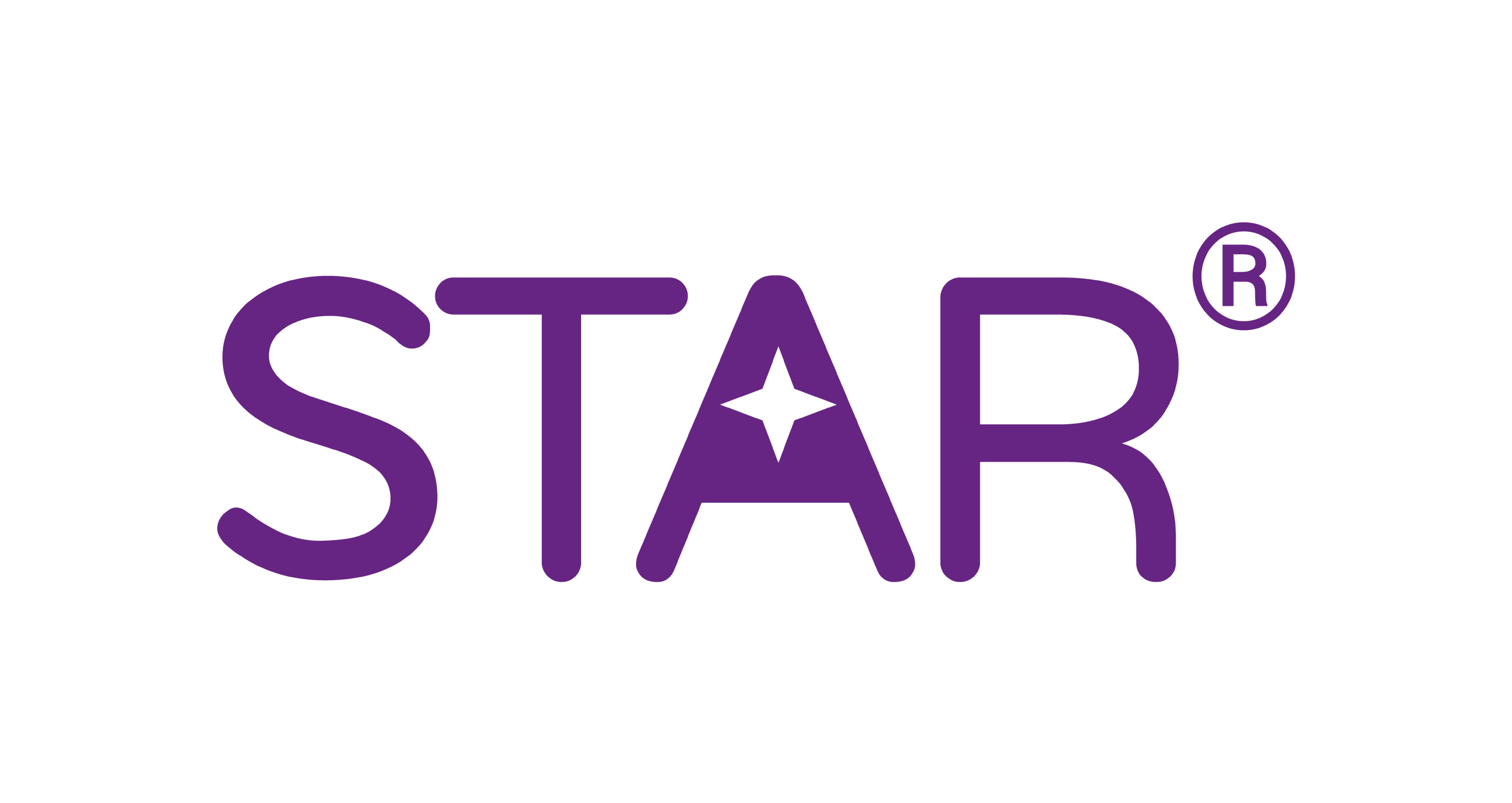
The CBI’s report “Great Job – Solving the Productivity Puzzle through the Power of People” identified 7 habits that would improve management capability, one of which was “coaching – on-the-job development and support”.
Yet employees completing the CIPD’s Employee Outlook survey rated “coaches me on the job” at the bottom of a list of 15 management competencies when ranking their line manager’s skills. This was substantiated by our own survey, of over 700 senior HR leaders globally, which showed that only 5.5% of leaders would describe their organisation’s leadership style as having a coaching approach.
But what is the lived experience of people working in organisations?
A few weeks ago we ran a poll to find out.
We asked people:
“How often does your line manager ask you powerful questions that stimulate YOUR thinking?”
The results were revealing.

Over half (53%) of respondents said that their manager never (or rarely) asked them powerful questions and a further 15% said that this only happened about once a month. 20% said that their managers stimulated their thinking about once a week with only 12% stating that this happened every day.
How would you answer the question?
The results show us that most managers are still missing a lot of opportunities to use a questioning approach to really engage their team members in their work.
So what’s going wrong?
The poll generated some insightful comments
A Head of People at a major law firm said:
“I think there are a lot of people out there in leadership roles who are judged and rewarded on their own performance – not that of their team or what they are doing to grow future talent.”
This is an interesting point.
If there’s a clear link between managers being hard-working experts/doers and the reward systems in place in their organisations there will almost certainly be a knock-on impact on the way the manager chooses to engage with their team members.
But how can this be turned around so that managers see the value of engaging differently?
The answer could be in demonstrating to the leadership team the commercial value of taking an Operational Coaching® approach.
Most coaching that happens in organisations is pretty formal and requires administration and execution for small numbers of people away from the day-to-day operations. Executive Coaching programmes, for example, tend only to extend to about 1-2% of the organisation. Even Internal Coaching programmes have their limitations, only reaching on average a further 3% and generally focusing on the agenda of the individual rather than the organisation. While these coaching approaches certainly have their merits they don’t impact enough people to drive transformational change across the whole organisation.
However, Operational Coaching® which is a management practice that helps managers to incorporate high levels of enquiry into their everyday interactions with people, which reaches everyone in the organisation.
Operational Coaching® helps managers to incorporate high levels of enquiry into their everyday interactions with people, which reaches everyone in the organisation.
Making this key behavioural change from a telling style of leadership to an Operational Coaching® approach will ensure that managers are regularly asking powerful questions that stimulate the thinking of the people around them, helping them to make incremental performance improvements.
This means the commercial value of coaching will become much more apparent much more quickly as engagement increases, relationships improve, more collaboration takes place and all of that materialises as uplifts in organisational measures such as retention, productivity, performance and profitability.
Tipping the balance where more managers are coaching rather than telling is extremely important for real cultural change to take place.

Clive Betts, Head of People Development at the University of Exeter said:
“We have consistently pushed coaching skills and coaching styles for all our people managers and leaders (and the Notion training is a key part to this). There is a growing recognition that coaching skills are incredibly useful, particularly by our faculty staff, which has been difficult to land properly until recently…but I feel we are at the cusp of something significant as we begin to see more colleagues deploying their new skills! For us, it would show in many ways from improved student satisfaction to smoother change projects.”
This is a great example of what happens when the balance tips and you start to achieve a critical mass with more managers using an Operational Coaching® style of management and how that can ultimately trigger a step change that affects the key performance indicators of the organisation.
Looking ahead, giving leaders and managers the skills to embed a coaching approach into their natural behaviours may be the single most important thing organisations can do to engage the full potential of their workforces and deliver the results they most want.




